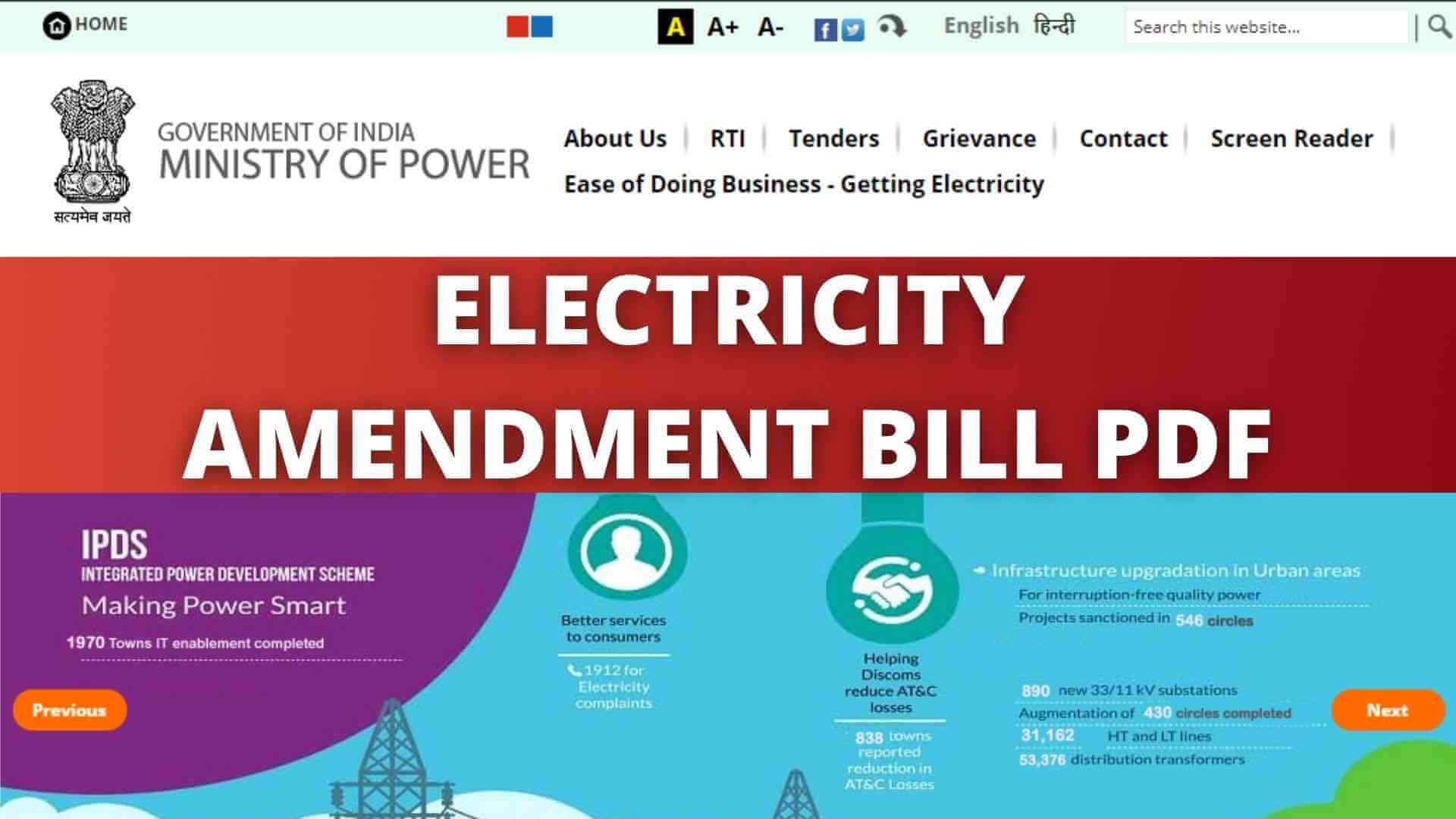Insurgency in Balochistan
Context
Pakistani security forces repulsed a militant attack on a complex outside its strategic port of Gwadar in Balochistan province.
About Balochistan
Balochistan is the largest Pakistani province and is sparsely populated and impoverished when compared to the rest of the country.
Its location as well as abundance of natural resources, especially oil, make it strategically vital for Pakistan.
The province has been the site of a series of bloody insurgencies, brutal state repression, and an enduring Baloch nationalist movement since 1948.
Background of the Insurgency
At the dawn of India’s Independence in 1947, the region now known as Balochistan was partitioned into four princely states: Kalat, Kharan, Las Bela, and Makaran.
These states were presented with three options: merge with India, join Pakistan, or maintain their independence.
Under the influence of Muhammad Ali Jinnah, Kharan, Las Bela, and Makaran chose to become part of Pakistan but Kalat decided to remain Independent.
On August 4, 1947, a meeting was convened in Delhi, and Jinnah supported Khan of Kalat’s decision for independence.
On August 11, 1947, a treaty was signed between Kalat and the Muslim League, recognising Kalat as an independent state, and promising that the Muslim League would respect Balochistan’s independence.
Despite meetings with Mountbatten and recognition of Kalat’s status as an independent sovereign state, the British issued a memorandum stating that the Khan of Kalat was not in a position to undertake the international responsibilities of an independent state.
On March 26, the Pakistan Army moved into the Baloch coastal region of Pasni, Jiwani and Turbat.
Khan had no option but to agree to Jinnah’s terms to merge with Pakistan.
Insurgency and Discontent
The forceful integration of Kalat into Pakistan sowed the seeds of discontent and resistance among the Baloch people.
Many Baloch nationalists viewed the annexation as a betrayal of their autonomy and an infringement upon their cultural identity.
The region saw many insurgencies for the Independence from Pakistan but Pakistan state managed to suppress the resistance.
Once a proud sovereign state, Balochistan is now the most-neglected and poverty-ridden province of Pakistan.
Despite being the largest province and rich in minerals, Balochistan accounts for nearly 4 percent of Pakistan’s economy.
India’s Stand on Balochistan
India’s position on Balochistan is complex and influenced by various factors including geopolitics, regional stability, and its relationship with Pakistan.
India and Pakistan have a long-standing conflict over the region of Kashmir, and any overt involvement by India in Balochistan could escalate tensions further.
India has been accused by Pakistan of supporting Baloch separatist movements, allegations that India has consistently denied.
India maintains that it supports the right to self-determination for the people of Balochistan but does not interfere in Pakistan’s internal affairs.
Overall, India’s stance on Balochistan involves a delicate balance between expressing concerns about human rights violations and maintaining diplomatic relations with Pakistan.
Any significant shifts in this stance would likely depend on changes in the geopolitical landscape of the region.
-----------------------------------------------------



.jpg)
.jpg)
.jpg)
.jpg)
.jpg)
.jpg)
.jpg)

.jpg)

